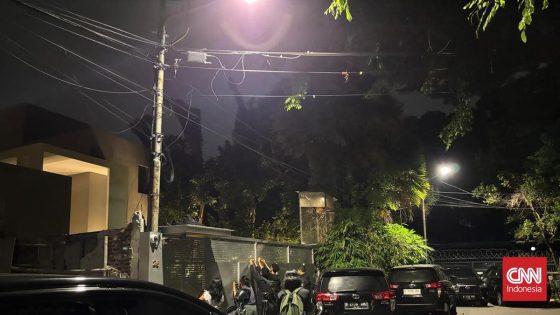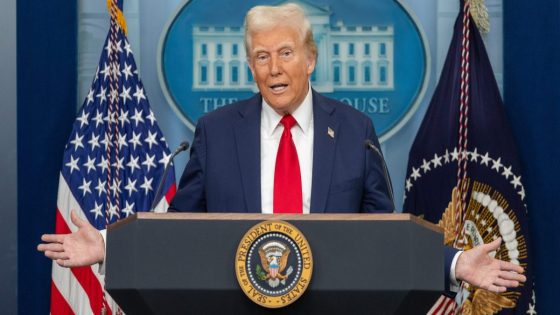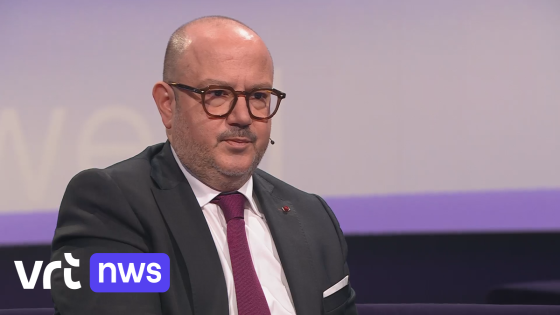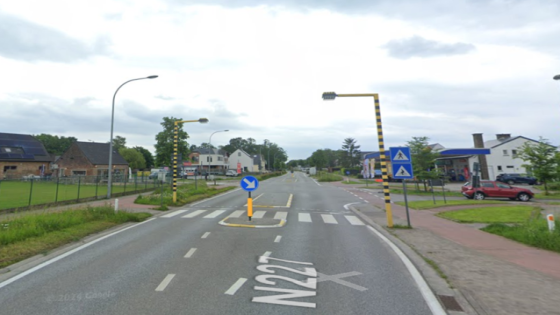On January 23, 2025, the Corruption Eradication Commission (KPK) conducted a significant raid at the residence of former Presidential Advisory Council member Djan Faridz in Jakarta. This operation involved seizing three suitcases believed to contain crucial evidence linked to a bribery case concerning the appointment of a new member of the Indonesian parliament. What does this mean for political integrity in Indonesia?
- KPK seizes three suitcases as evidence
- Investigation linked to Harun Masiku's bribery case
- Search conducted at Djan Faridz's residence
- Hasto Kristiyanto and Donny Tri Istiqomah named suspects
- Evidence includes documents and electronic records
- Hasto's first interrogation occurred on January 13
Corruption Investigation: KPK Targets Djan Faridz in High-Profile Raid
Why is the KPK focused on Djan Faridz? The recent raid is part of a broader investigation into alleged corruption involving the appointment of members to the Indonesian parliament. The KPK’s actions reflect a serious commitment to addressing corruption within the political system.
Understanding the Allegations Against Djan Faridz and Others
The KPK’s raid is linked to a bribery case involving Harun Masiku, who is accused of corrupt practices during the 2019-2024 legislative period. This case has drawn attention not only for its political implications but also for the potential impact on public trust in government institutions.
Key Players in the Corruption Case
Several individuals are central to this investigation:
- Harun Masiku: Former legislative candidate implicated in bribery.
- Djan Faridz: Former member of the Presidential Advisory Council whose residence was raided.
- Hasto Kristiyanto: Secretary-General of PDIP, also facing charges.
- Wahyu Setiawan: Former KPU commissioner involved in the bribery scheme.
The Role of the KPK in Fighting Corruption
The KPK plays a crucial role in combating corruption in Indonesia. Their ongoing investigations demonstrate a commitment to transparency and accountability. As they uncover evidence, the KPK aims to restore public confidence in the political system.
Implications for Indonesia’s Political Future
This investigation could have far-reaching effects on Indonesia’s political landscape. Public trust in government is at stake, and the KPK’s actions may influence future elections and political appointments. How will this shape the future of governance in Indonesia?
In conclusion, the KPK’s raid on Djan Faridz’s home underscores the ongoing battle against corruption in Indonesia. As the investigation unfolds, it is essential for citizens to stay informed and engaged in the political process.
































